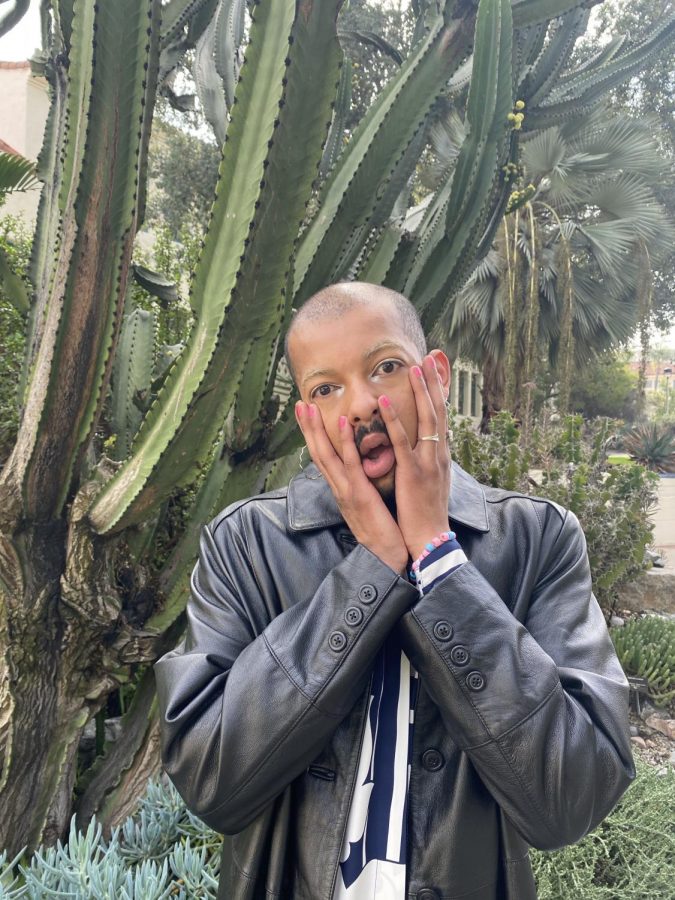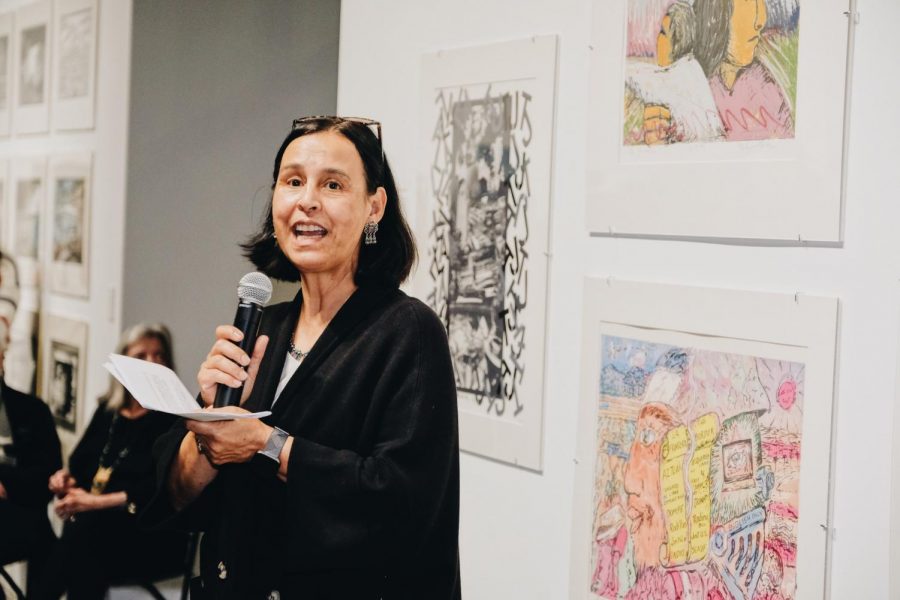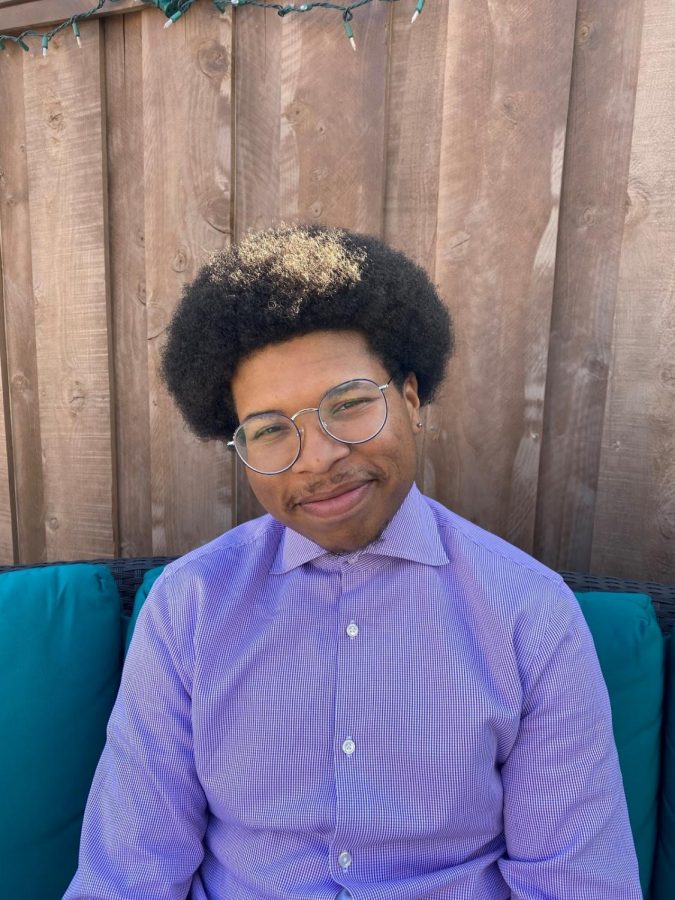From the air, he thought Haiti looked like a jungle paradise. But as he wandered the streets of Port-au-Prince, Craig Orsini realized this was paradise lost. Poverty was rampant, even more so than it was 10 years ago when he was last here. Children ran in the streets with little clothing. For some, a cardboard box was home. The more he saw, the more ashamed he grew of once being an alcoholic. He clutched at his totem: the handmade bracelet a young girl from his parish had given him.
They had been there for a week: himself, Anderson, McCoy and John Barnes. They’d spent that week searching for a woman named Alexis. McCoy was frustrated, having led numerous jungle excursions into the hills of Haiti. Barnes kept searching through old records, but to little avail. Secretly, Orsini felt it was in vain. Searching for one person in a country of millions was insanity. “But if this is what it took to be reassigned, then so be it,” he mused.
Most of the roads weren’t really roads anymore, so they stayed off to the sides. During the day, they interviewed villagers. Barnes claimed Alexis was the only living relative of two children in the U.S. McCoy shrugged and said he was here because he owed a debt. Orsini didn’t see why owing a debt somehow translated into carrying a pistol, but McCoy would just grin and say, “Well there’s always the chance of being surprised.”
McCoy always played the consummate ne’er-do-well, but underneath that layer Orsini sensed a dangerous human being, one not to be toyed with. Barnes was a company man to be sure, but he wasn’t a suit. Orsini had once pondered aloud the importance of finding this Alexis woman, to which Barnes responded: “Because I got her sister killed.”
They hadn’t spoken about her since.
“Look,” Orsini said as they walked along a road, approaching a small group of children from the local village, “Why don’t we try the local hospital? Maybe she checked in there at one point and gave her address.”
He approached the children and began chattering away in Creole, making funny faces and noises.
McCoy and Barnes sat on the edge of the road, facing an expansive green valley.
Here they were, two young men, Barnes thought, tired and beat. Behind them, a man in his late 50s stood with enough energy for both of them. Barnes had underestimated Orsini. As Barnes craned his head to mention the hospital idea, he heard a truck.
It came barreling down the road, grunting and roaring as gears changed, turning onto the road where Orsini and the children were. As Barnes stared them down, time slowed. The children scattered at the loud sounds, and one fell to the ground, crying. McCoy had risen, shouting and attempting to wave off Orsini. If Orsini heard him, he seemed to ignore it and shoved the girl out of the way before being hit.
McCoy had ripped open Orsini’s already tattered shirt by the time Barnes reached them. With the expertise of a field soldier, he quickly began diagnosing Orsini’s injuries.
Orsini’s entire body seemed to be either bruised or bleeding. Barnes covered his mouth as he tried to think of something they could do. The hospital. If only they could get there.
As Barnes continued frantically, attempting to persuade the driver to take them to the local hospital, McCoy tried his best to do what he could for Orsini. He never loved the guy, but here he was, dying before his eyes. McCoy nervously waited by Orsini’s side, as blood continued to seep out of his bruised and torn body.
“What the hell did you think you were doing, Priest, getting yourself hit by a goddamm truck?!” he seethed.
A sound that could only be described as a thunderclap followed by a low rumbling in the air tore across the silent valley. McCoy and Barnes glanced up from their preoccupations, feeling the earth move under their feet. McCoy felt a finger prod his chest, looking down to see Orsini faintly smiling upward at him, before crying out in untold amounts of pain from his wounds, barely saying:
“You are who you choose to be.”
He shuddered from the pain, crying out as spasms tore away at his already ruined body. McCoy’s eyes filled with tears as he slowly unholstered his revolver and pressed it against Orsini’s cheek.
The gunshot was lost in the thunderous cracks heard across the earth.
With his last words, Orsini sighed and closed his eyes, dying on a small cliff-top village in Haiti.
The earth continued to shake and tremble, cracks appearing in the ground. An earthquake was tearing away at the country. Blooming green valleys gave way to overflowing rivers, all tearing down whatever structures lay in their paths.
Barnes came back to McCoy, only to find the sad truth: That Orsini was dead and their mission most likely done. Haiti would be near impossible to traverse now without their guide and with the entire country in upheaval from the earthquake.
McCoy seemed to read Barnes’ eyes.
“No, John. We can’t give up. Not now.”
Barnes wrung his eyes before turning back to McCoy.
“All right, we keep looking. For him.”






